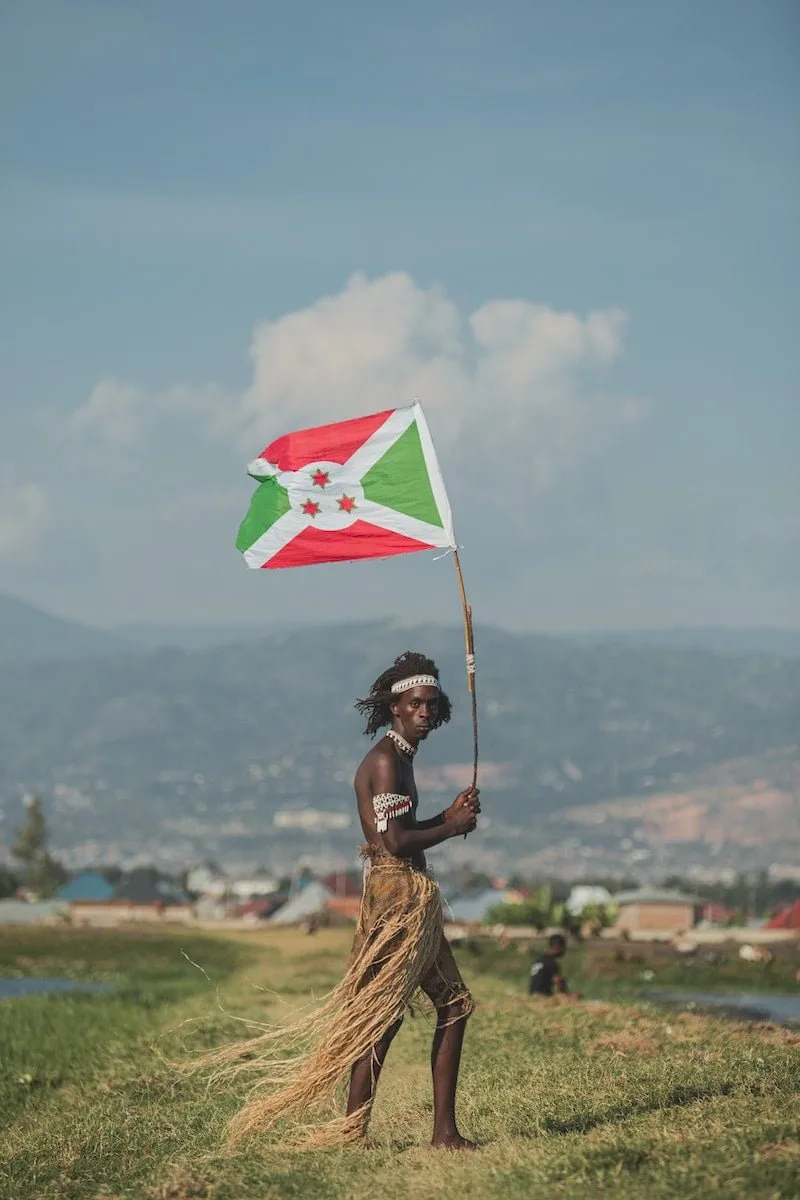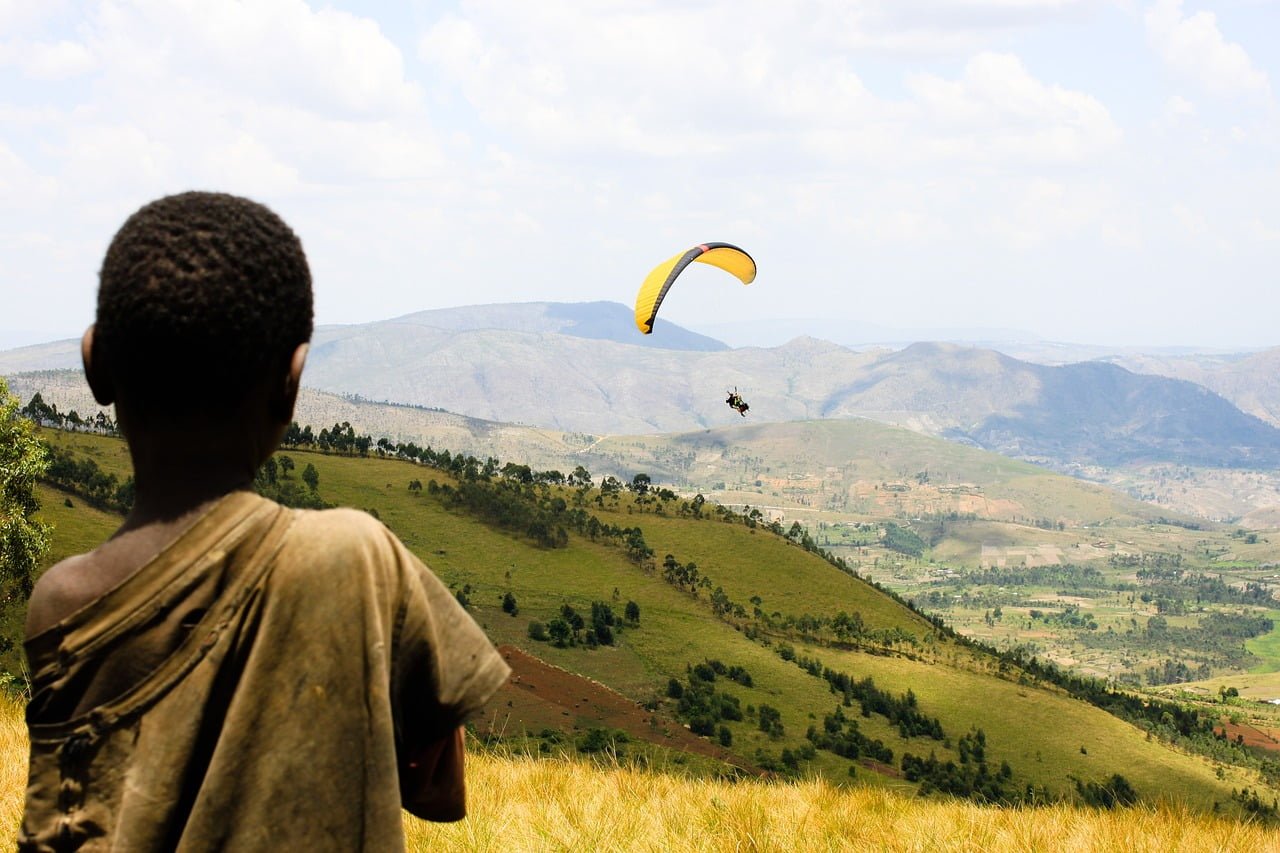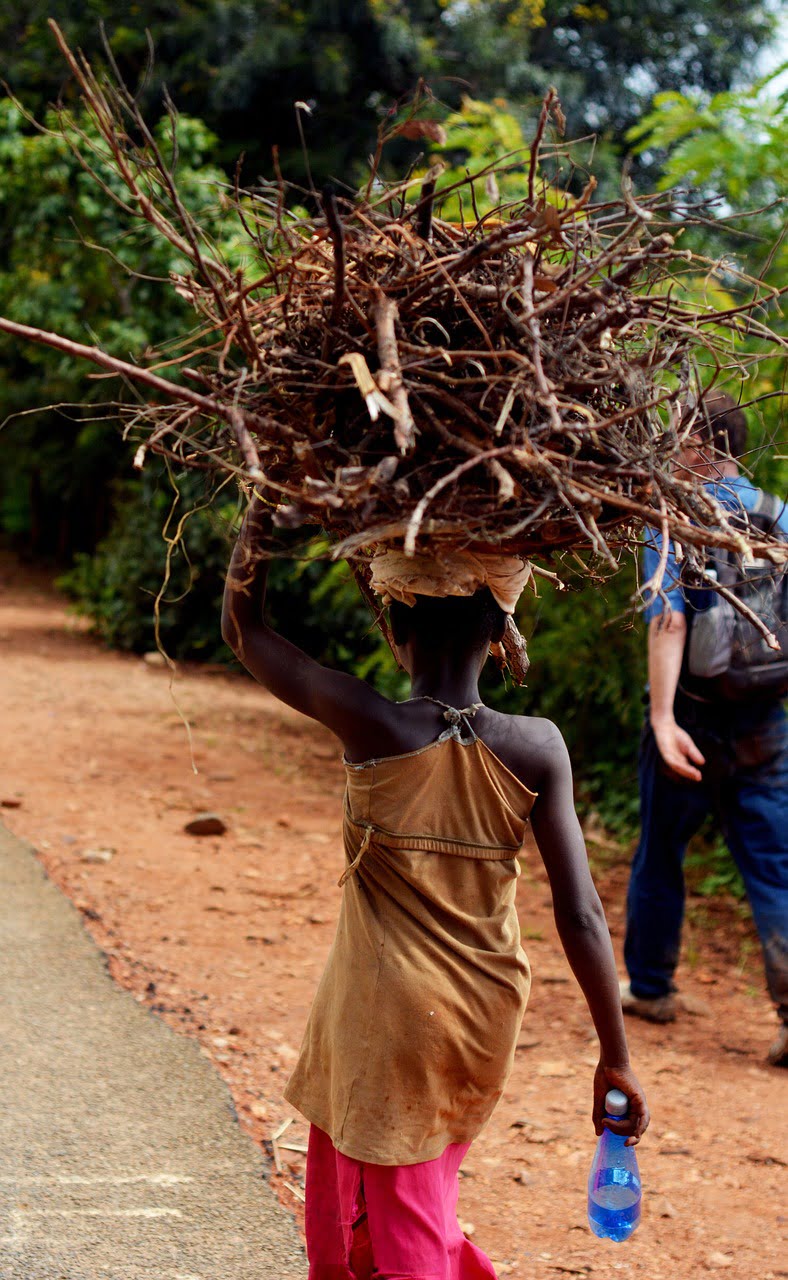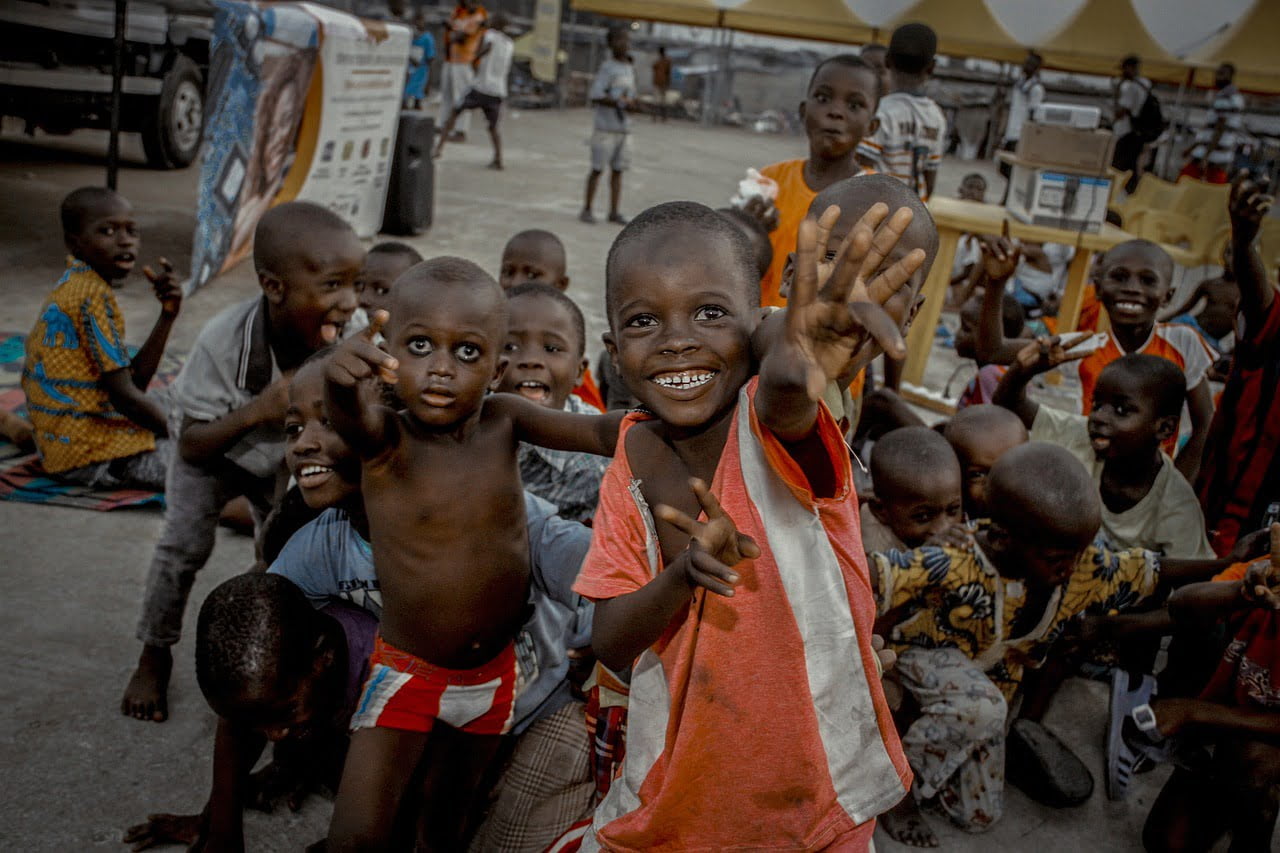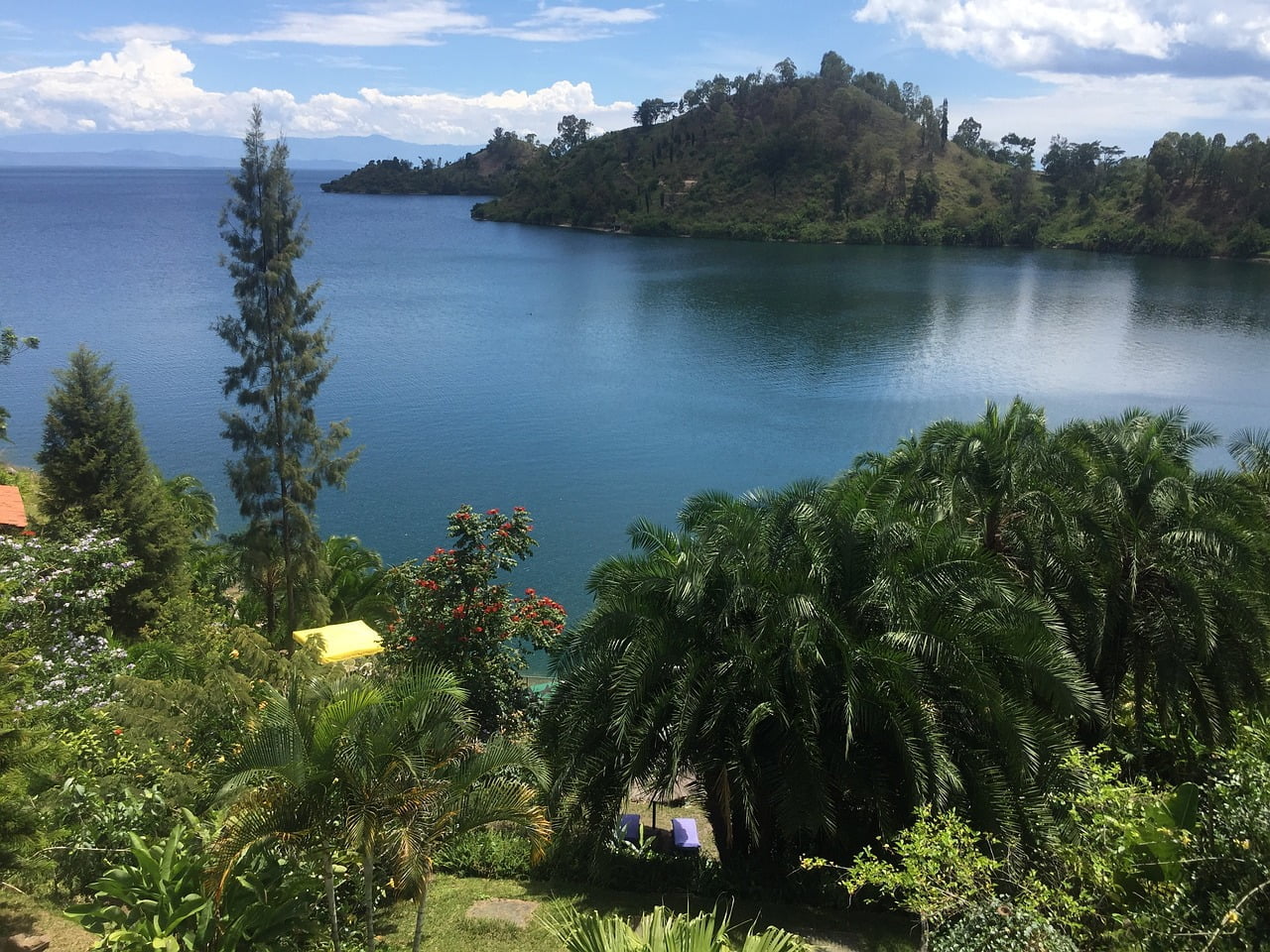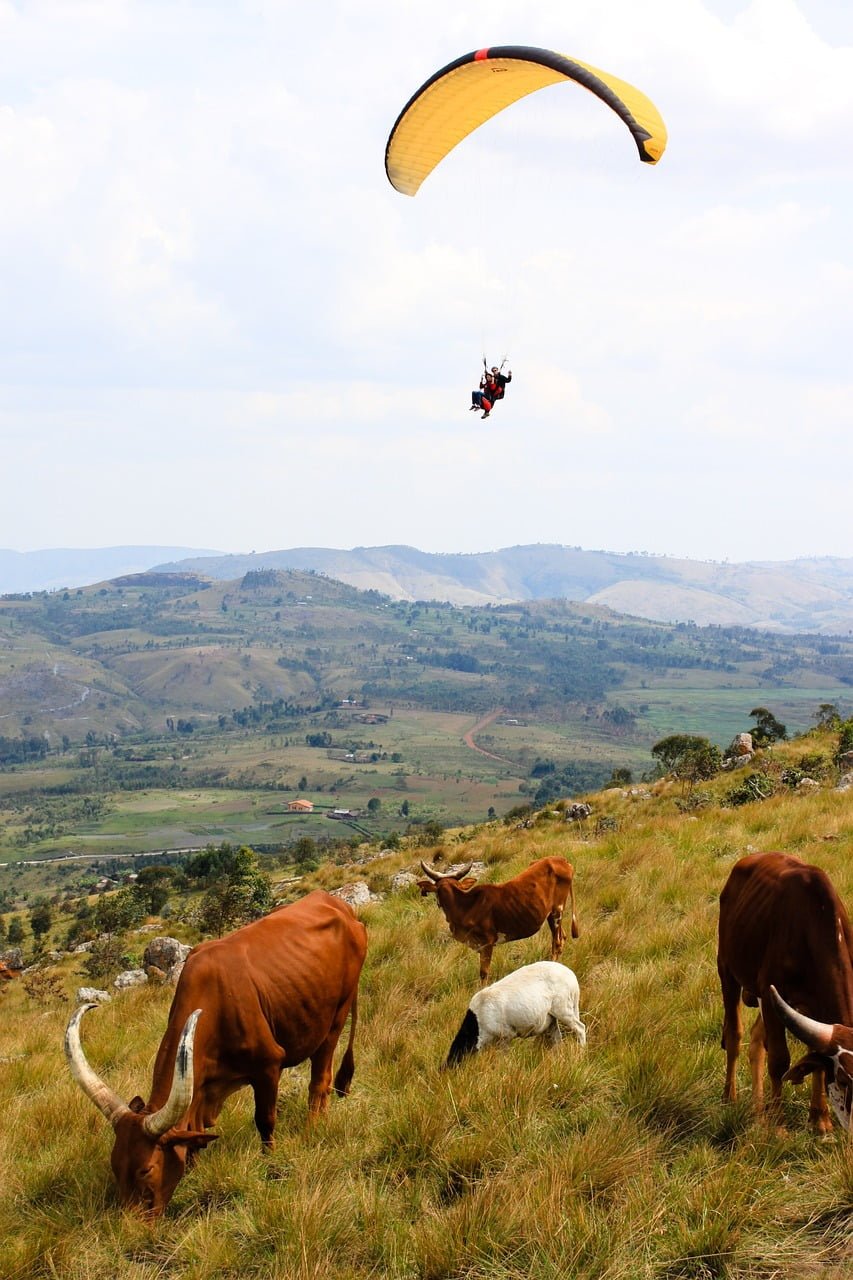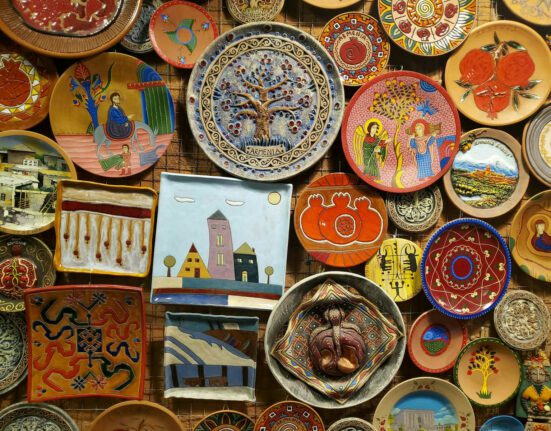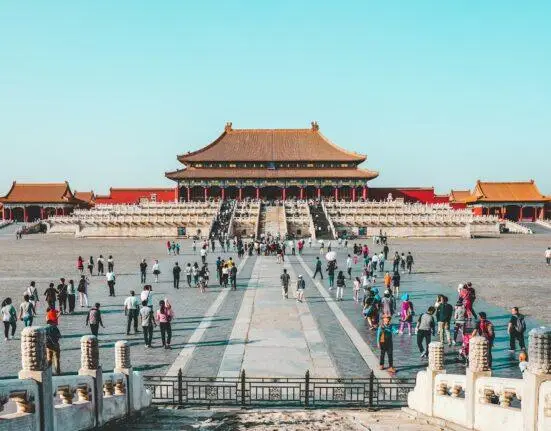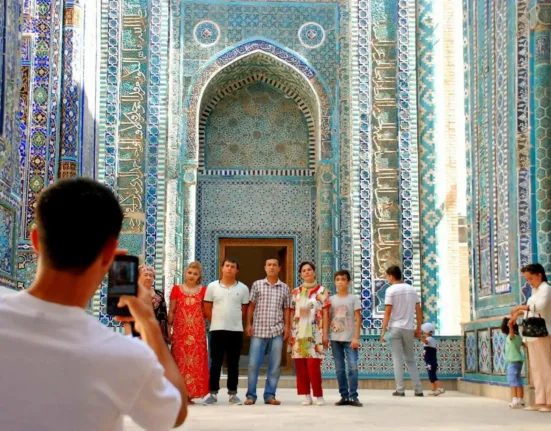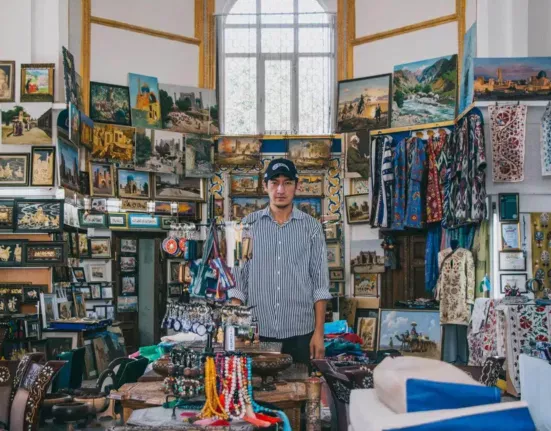Summary. This article explores the cost of traveling to Burundi. On average, travelers can expect to spend anywhere between $30 and $150 USD per day, depending on the type of accommodation they are staying in and the activities they are taking part in. Additionally, it is advised that travelers bring along a modest amount of supplies and goods, such as soap and cash, to both prepare for and cushion potential challenges they may face while traveling. Ultimately, a realistic budget for a two-week long trip to Burundi should be between $500 and $900 USD.
Do you dream of the ultimate African adventure? Are you curious to explore the pristine beauty of the Burundian countryside and get a glimpse of its unique culture? Burundi might not be the most popular destination in African travel, but if you want an off-the-beaten-path journey, this tiny East African country is a great choice. But how much money do you need to travel in Burundi?Traveling to Burundi doesn’t come cheap. But don’t worry – there are plenty of ways to craft a budget-friendly vacation here!
Here’s a guide to help you manage your money for a memorable and affordable adventure in Burundi. First and foremost, you’re going to need to think about airfare. Roundtrip flights from the US or Europe will typically cost around $1,000 – $1,500 depending on the route and season. If you’re coming from somewhere closer, like Nigeria or India, the cost of flights can easily drop to a more budget-friendly price tag. Once you arrive in Burundi, you’ll need accommodation to stay in.
Hotels generally range from $25 – $75 per night. If you’re planning to stay in a hostel, you can sleep here for as little as $10 per night. Homestays, where you can stay with a local family and get a true cultural experience, start at $20 per night. Eating is also quite affordable in Burundi. A meal in a regular cafe or restaurant will usually run you about $5 – $ If you choose to dine with the locals and grab some street food, you can find a meal for just a few bucks.
How Much Money Do I Need To Travel To Burundi?
Are you looking to explore the cultural and historical wonders of Burundi? Then you’ve come to the right place! But before you can start planning your trip, you need to know how much money you’ll need to bring. Understandably, this can be a tricky question to answer as it depends on various factors. Fortunately, we’ve put together a handy guide to help you budget accordingly and make sure you have enough money to experience all Burundi has to offer.
Flights to the country’s capital of Bujumbura can be expensive, with prices between $1000 to $1800 depending on your origin and the time of year. If you’re looking to save money on airfares, consider flying indirect or book your flights during off-peak times. It’s also important to factor in travel insurance to cover you should anything unexpected happen while you’re in Burundi. Once you’re in the country, you can keep your costs down by booking your accommodation in advance, as well as determining whether you’ll be staying with relatives or friends.
Alternatively, there are a number of local hotels and guesthouses available, but these tend to be pricey. Another way to save money is by eating local, as the cost of meals at restaurants can quickly add up. Local transportation such as taxis can be expensive, however this cost can be greatly reduced by taking advantage of public transport like buses and minibuses. Alternatively, you can rent a car if all you wish to do is explore, but it is worth bearing in mind that renting a car can be pretty costly.
Seasons In Burundi: What Are They And When Is The Best Tme
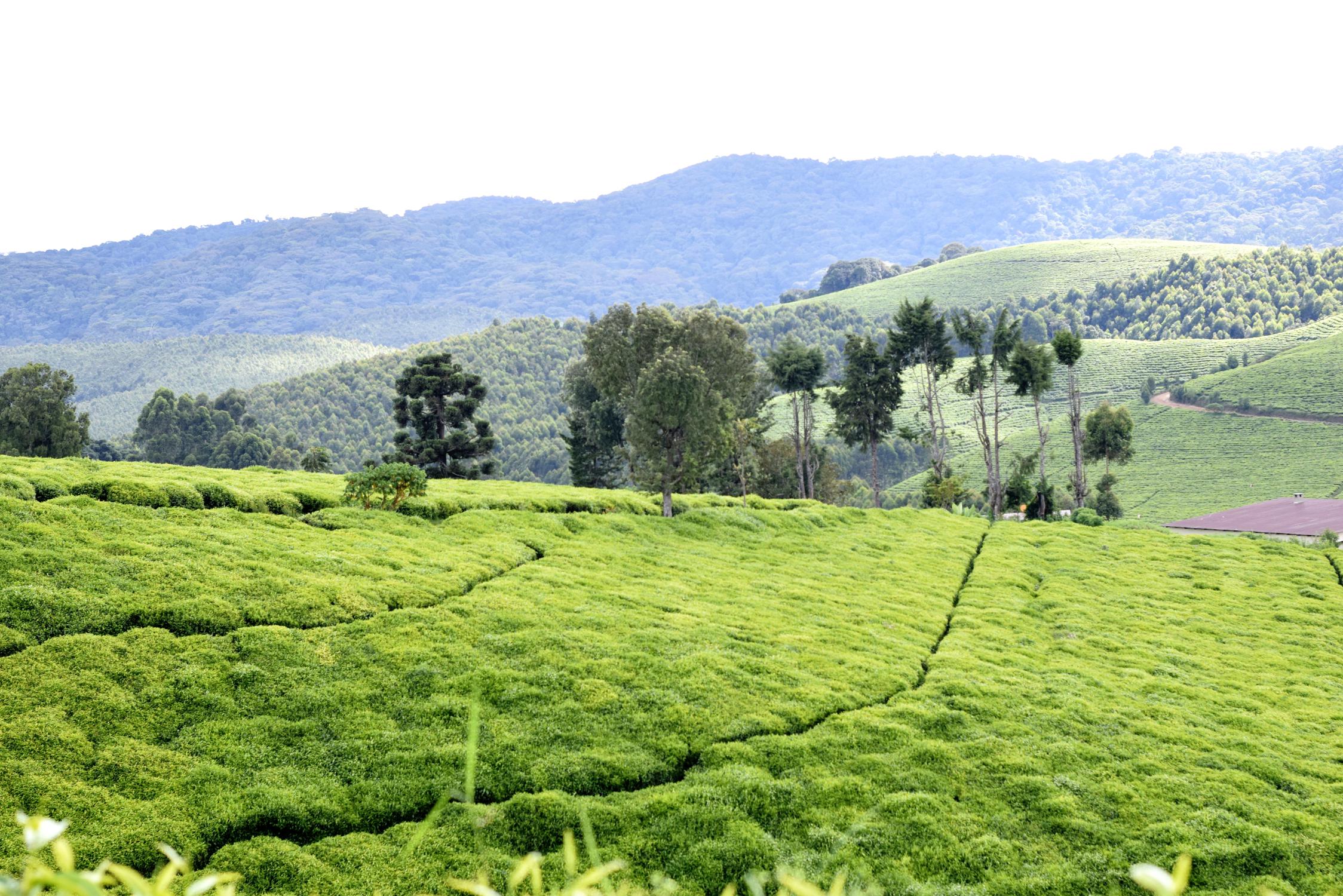
If you are planning a trip to Burundi, you will want to know what the seasons are like and when you can expect the best weather. Burundi experiences two main seasons – the long dry season and the short wet season. The former lasts from June to September, while the latter starts in October and ends in late May. The dry season is characterized by little rain and relatively mild temperatures. The days can be hot, but the nights and mornings tend to be cooler.
The wet season is more humid and typically sees an increased level of rainfall. The temperatures are also higher during this time of year and the days can be quite uncomfortable. However, it is quite an exciting time as well, as the landscape turns lush and green and there is an abundance of wildlife. For the best experience in Burundi, it is recommended to plan your trip during their dry season (June to September).
If you want to make the most of your trip and fit in as much as possible, you should include both the dry and wet season in your planning. The wet season may be more uncomfortable, but it is a great time to see some remarkable scenery and witness a lot of activity in the country’s famous national parks. In terms of budgeting for your trip, you should plan for a mid-range budget for accommodation, meals, and transportation. A budget backpacker should factor in around $30 – $50 per day on average, whereas individuals on a more expensive holiday can expect to pay anywhere from $50 – $100 per day. Do bear in mind that prices in Burundi are quite seasonal and will tend to go up during the busy dry season.
How To Save On Accommodation In Burundi
Whether you’re travelling to Burundi for the majestic Mount Heha, the big-game parks of Kibira and Ruvubu or even just to experience the unique culture of the people, you will want to save as much money as you can on accommodation. The good news is that there is a wide range of room types and budget types available in Burundi. Hotels in Burundi offer unique accommodations that range from luxury resorts to quirky guesthouses and backpacker dorms. From corporate travelers on business trips to families looking for budget-friendly options and even solo travelers wanting an authentic cultural experience, Burundi has something to fit every travel budget. Burundi has a few hostels, guesthouses, and home stays that are good for people who want to save money on their lodging and stick to a tight travel budget.
Hostels are often centrally located, so you can easily explore the city without having to restock your wallet too often. Plus, the hostels in Bujumbura tend to be really social, meaning you can make a few new friends and enjoy some laughs with travelers from all walks of life. Another great way to save on accommodation costs is to book a home stay. Home stays offer travelers the opportunity to stay with locals in their home and get a firsthand view of the culture.
Then, there are the best value-for-money picks that no traveler in Burundi should miss out on. Don’t forget to look into beach resorts in the area, as well as guest houses in the city. Many resorts and beach hotels offer discounts for stays of long durations and if you’re lucky you may even be able to snag a room at a bargain price.
How Much Should I Budget For Food And Drinks In Burundi?
One of the biggest expenses when traveling to Burundi is food and drinks. Burundi is a budget-friendly country, meaning you won’t have to break the bank to enjoy your time here. However, you do need to consider how much you’re likely to spend on food and drinks during your trip. The price of food and drinks in Burundi vary depending on where you purchase them. Generally speaking, you could expect to pay up to three times more in tourist areas than if you ventured away from the tourist hot spots. For example, you could pay up to 10,000 Burundian francs ( $6) for a meal at a restaurant in the city center of Bujumbura, whereas the same dish outside of the city center could cost as little as 4,000 Burundian francs ( $2). You can get food and drinks in Burundi for the least amount of money by shopping at local markets and supermarkets.
Unfortunately, this isn’t always the case, and if you’re not familiar with what foods to avoid, you could get ill. If you’re not sure, it’s best to buy your food from restaurants, street vendors, or supermarkets. When it comes to drinks, the cheapest option is to purchase at supermarkets. Beers cost about 500 Burundian francs ( $0. 3), whereas soft drinks usually cost about 1,000 Burundian francs ( $0. 6).
6 – $5). As a general rule of thumb, you should allocate about 12,000 to 16,000 Burundian francs for 2 – 3 meals a day and drinks ($2 – $6). This should cover the cost of a full meal and around 2 to 4 drinks. Shopping in the supermarkets and eating at local restaurants will help to keep food and drinks costs down.
Transportation Expenses In Burundi
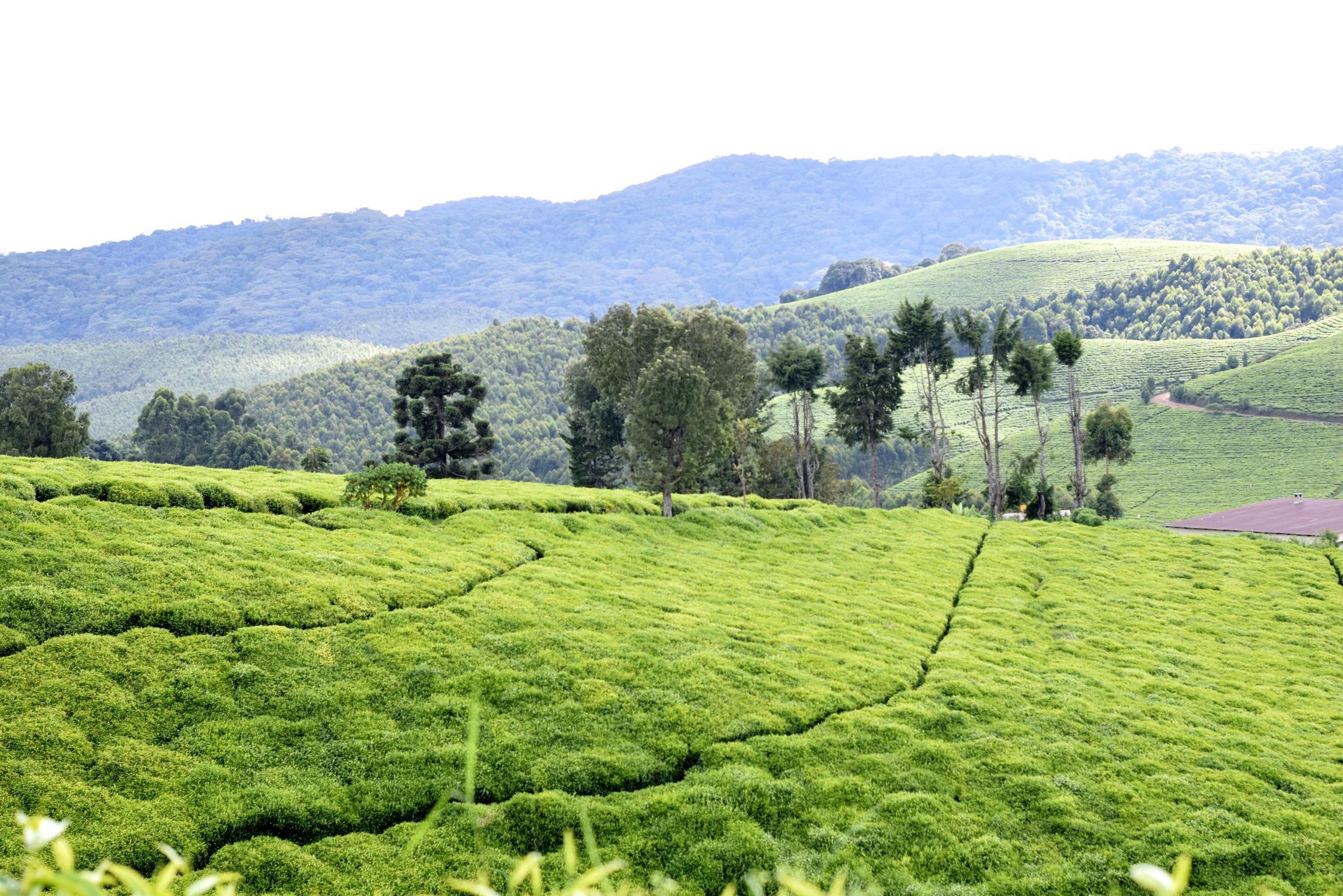
When it comes to getting around in Burundi, it’s important to know how much money you need to bring to cover your transportation expenses. Although Burundi is a relatively inexpensive destination in East Africa, travelling around can still be costly. Depending on your budget, travelling in Burundi can either be a low cost adventure or a luxurious experience. When preparing for your trip, keep in mind that transportation costs in Burundi include public-transit tickets, taxi fares, and gas for any rented vehicles.
Travelling by public transit, or ‘daladala’ (as they are known in Burundi) is the cheapest and most common way to get around. The prices of tickets vary according to the distance travelled and passengers can expect to pay between 1,500 to 4,000 BIF. Taxis are an easy way to get around the cities and they typically charge a flat rate of 5,000 BIF for local trips.
Depending on the type and size of the car, it usually costs between 155,000 and 260,000 BIF to rent one. No matter how much money you have or how you need to get around, make sure you are ready and have enough money to cover your transportation costs. As a general rule, you should set aside at least 10% of your total budget for transportation costs, but you should also be aware of how much things cost in each place you visit. So, you’ll be sure to have a great time in Burundi without going over your budget.
How Much Do Attractions Cost In Burundi?
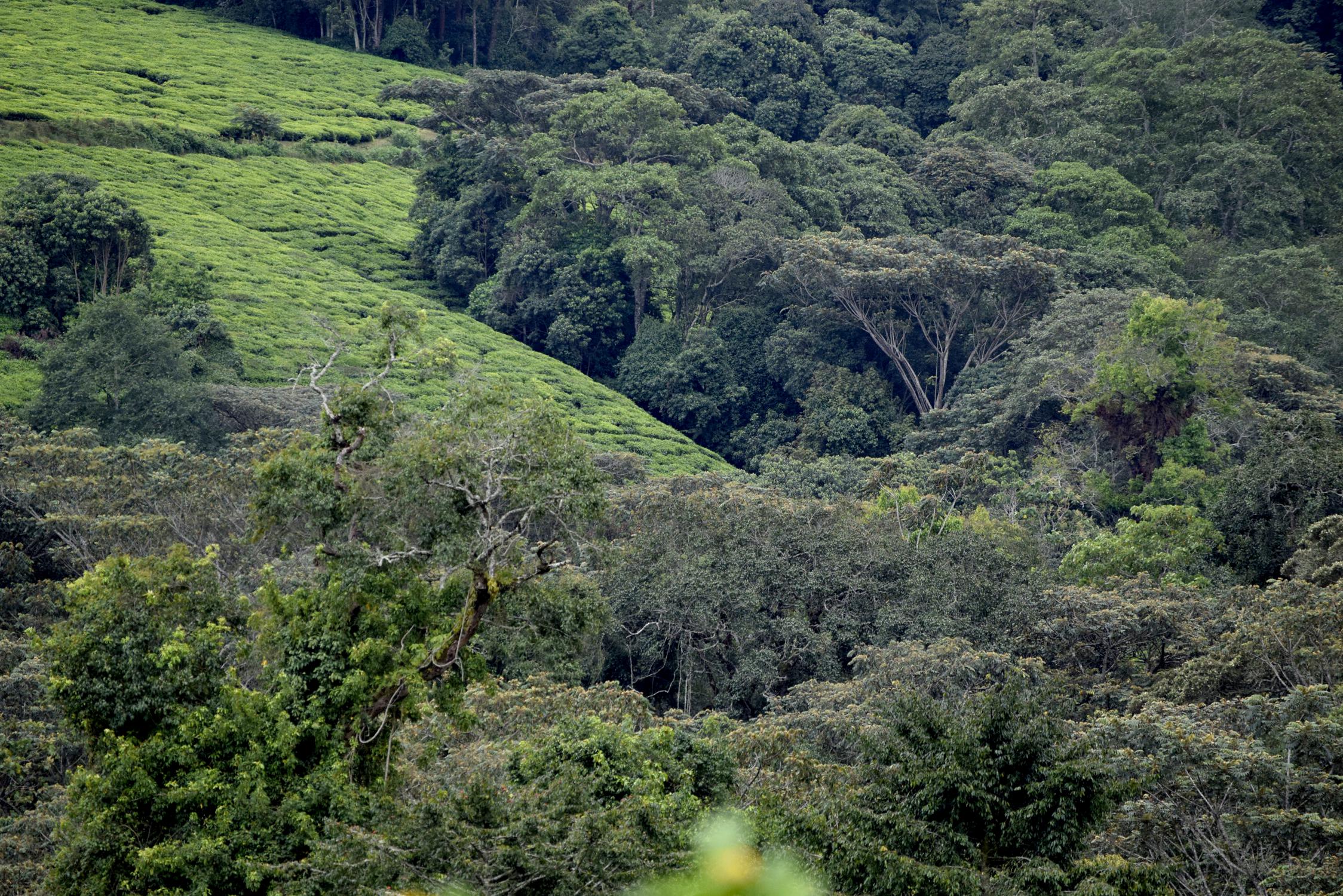
Organizing a trip to Burundi can be a fun adventure, but it can also be one of the most difficult costs to deal with. After you buy your plane ticket, you’ll need to figure out how much you can spend on lodging and things to do. How much money do you need to visit Burundi and see its sights? There are a lot of different prices for things to do in Burundi. Some national parks may cost as little as $10 USD per person to get into, while others may cost as much as $50 USD per person.
If you want to see Burundi’s unique wildlife and birds, you can pay anywhere from $20 USD for a half-day trip to $500 USD for a multi-day safari. If you want to do something really different in Burundi, you could take a hot air balloon ride over the country’s many beautiful landscapes. For a hot air balloon ride, you can expect to pay between $200 and $500 USD, which isn’t too much. There are many great things to do and see that have to do with culture for those who are interested.
In Bujumbura, you can also see great traditional shows at a number of restaurants. A lunch meal can cost anywhere from $10 to $20 USD. Overall, the prices of things to do in Burundi can range from very low to very high. You should be ready to pay anywhere from $10 USD to $500 USD for attractions, such as cultural experiences and seeing wildlife. When you’re planning a trip, planning ahead for activities can help you keep an eye on your budget.
Facts And Currency In Burundi
Do you want to know how much money to take with you when you go to Burundi? So, it really depends. The Burundi Franc is the currency of Burundi, which is in East Africa. It is a small country with a high population density that is surrounded by Uganda, Rwanda, Tanzania, and the Democratic Republic of the Congo (DRC). This makes it a great place to learn about the culture, food, and history of the area. The currency of Burundi is the Burundi Franc, and the rate of exchange is about 2 BIF to 1 USD (2020).
There are also ATMs, but they are not as common as they are in other African countries. Most people in the area prefer to pay with cash instead of cards, and credit cards aren’t used as much. Burundi is a good place to visit if you want to spend less money on your trip. Between 50 and 100 USD per day is a good budget for daily costs like transportation, food, drinks, and lodging. Of course, this would depend on where you want to stay and what activities you want to do.
It’s always a good idea to keep a little extra cash on hand, because that gives you more power in negotiations. It could also be useful in remote, rural places where there aren’t many services. Unless you want to spend a lot of money on luxury items, Burundi is a great place to visit if you want to save money and see something different. It is a magical place that anyone can enjoy, no matter how much money they have. It has a rich culture, amazing wildlife, lush rainforests, and many different types of landscapes. Also, the locals will make your stay memorable with how friendly and helpful they are.
How To Reach Burundi By Flights, Train Or Air
Going to Burundi is an exciting adventure. You can get there by plane, train, or a combination of the two. With a little bit of planning, you can make sure your trip is as smooth and rewarding as possible. Since Burundi isn’t a very popular tourist spot, you might have some questions about how to get there and, of course, how much money you’ll need. Read on to learn more and start planning the trip of a lifetime! Depending on where you are coming from, you can fly, drive, or take the sea to get to Burundi.
There are direct international flights to Burundi, but the prices are usually very high. You can also take a train from Rwanda or Tanzania and cross the country by road for a cheaper option. When making a budget for a trip to Burundi, the most important things to think about are airfare, lodging, transportation, and food.
You can upgrade your lodging and even rent a car for a little more money if you want to. Lastly, making plans for your trip ahead of time will give you peace of mind and help you get the most out of your trip. Make sure to book your flights and accommodations ahead of time, find out about visa requirements (you will usually need a passport that is valid for at least 6 months), and check the latest rules before you leave. If you plan well enough, your trip to Burundi will be smooth and easy.
Live Like A Local: Must-Do Experiences In Burundi
Last Word: Our Conclusion
Are you longing to travel and explore the beautiful country of Burundi? If you’ve been dreaming of visiting this African nation, you’ll want to know the answer to the question: How much money do I need to travel to Burundi? Your costs will depend on the type of trip you’re planning. But regardless of what type of vacation it is – whether a luxurious stay with five-star accommodations and fine dining, or a low-budget getaway – you’ll need to have a clear idea of how much money you need to save and budget for your trip.
For a basic, affordable holiday, you’ll need between $100 to $200 a day for sightseeing, meals and lodging. If you’re planning to stay at low-end hotels, eat local cuisine and use public transport, you could get away with spending less than $50 a day. If you’re aiming for a more luxurious trip, with sightseeing activities, fine dining and better accommodation, you’ll likely need to budget up to $500 a day.
You will also need to check if any vaccinations or inoculations are necessary for your stay in Burundi. By answering the above questions and factoring in your preferred lifestyle, activities and meals, you’ll be able to work out exactly how much money you need to save in order to make your Burundi travel dreams a reality.
Remember to research your desired activities and find out what kind of expenses these will involve. Don’t forget to read up on the currency exchange rate of the Burundian Franc and your local currency. And make sure your budgeting research includes the hidden costs of travel like insurance and tipping. With some careful planning and budgeting, you can get an estimate of how much money you will need to travel to Burundi. In doing so, you’ll be creating a more enjoyable and stress-free travel experience!
Frequently Asked Questions (FAQs)
How much is visa fee for Burundi?
For instance, the cost of a single-entry visa for US citizens is $150, while a multiple-entry visa for US citizens costs $150.
Why not to go to Burundi?
It has experienced cycles of violence, including a civil war from 1993 to 2005 and a failed coup attempt in 2015. The country has a high rate of poverty and a lack of basic services, including healthcare and education. Additionally, Burundi is considered to be one of the world’s most corrupt countries, according to Transparency International. The U.S. Department of State warns travelers to avoid all travel to Burundi, citing crime, civil unrest, and arbitrary enforcement of laws.
Can I get a visa on arrival in Burundi?
Visas must be obtained from a Burundian Embassy or Consulate prior to travelling.
How long does it take to get a visa for Burundi?
The visa application process can be quite lengthy and time-consuming, as it requires submitting a variety of documents, such as a valid passport, proof of funds, and a detailed itinerary.
Why are there not many tourists in Burundi?
As a result, the country does not have a strong tourism infrastructure, and the security situation is not conducive to tourism, making it a risky travel destination. Additionally, Burundi is one of the poorest countries in the world, making it an unattractive tourist destination.
Reference:
https://www.whereandwhen.net/budget/burundi/
https://www.tripreport.com/countries/burundi/travel

